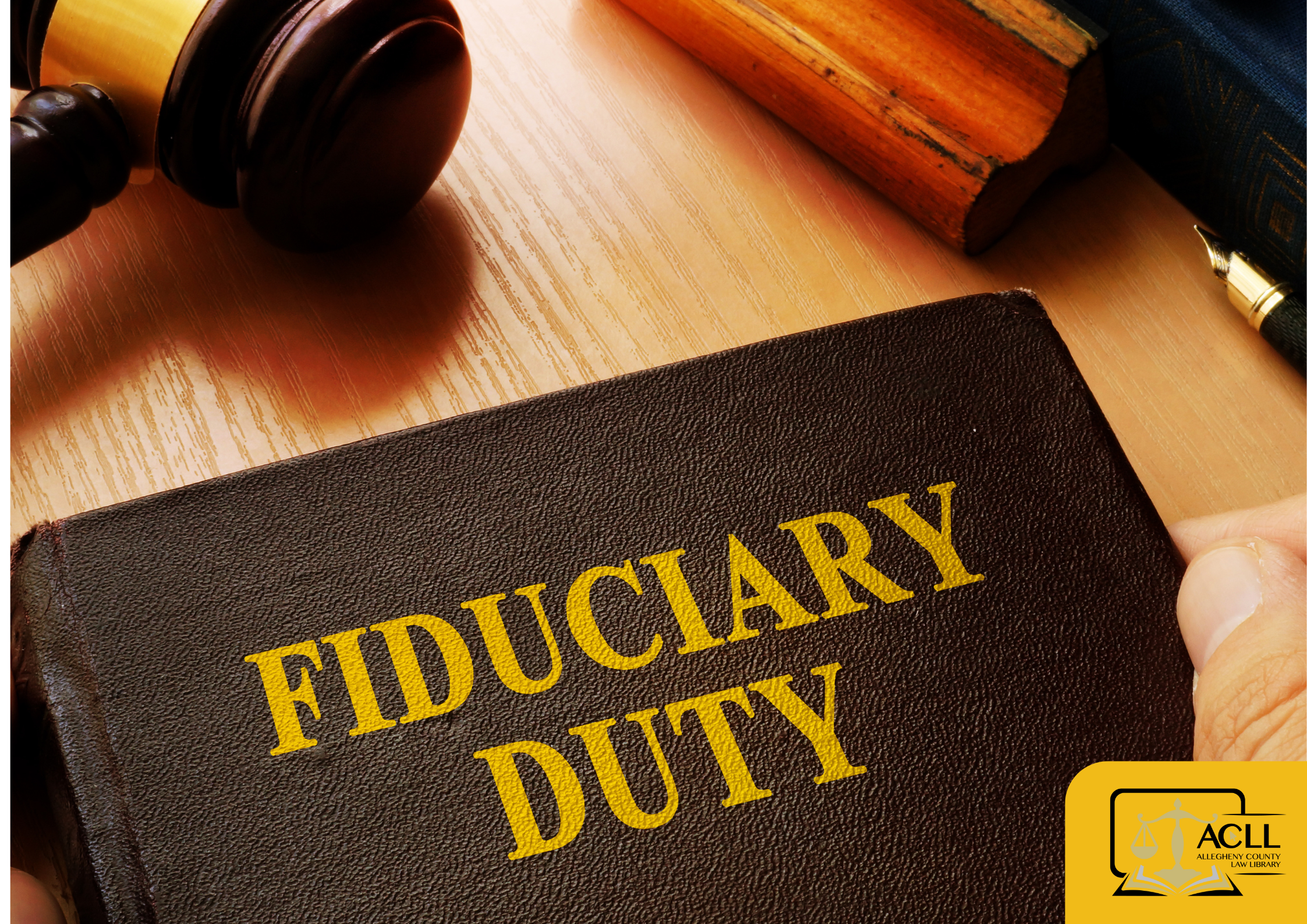CLEs
Topical Research on Westlaw-Criminal Law
Microsoft TeamsThis course builds upon and expands legal research skills using Westlaw to delve into criminal law content sets of law. The focus will be finding case law, statutes, regulations, and administrative documents, as well as secondary sources specific to criminal law. Exploring the variety of ways criminal law research can be performed, the breadth and…
Secondary Sources on Westlaw Edge
Microsoft TeamsSecondary sources are vital legal tools that provide essential guidance and analysis in every area of the law. Often using Secondary Sources is the best place to start your research. You can get up to speed on a general area of law or dive deep into a specific subject. You can use them to find…
Statutes & Legislative History
Microsoft TeamsLearn how to conduct legislative history research on Westlaw for a specific act as well as how to research a specific statute. We will see how to find links to other documents on Westlaw that cite to your statute including cases, secondary sources, regulations, and administrative decisions. Also, how to pull up historical versions of…
Research Essentials on Practical Law
Microsoft TeamsPractical Law's legal know-how offers resources that address the needs for improved efficiency. Practical Law's expert attorney editors create and maintain a wide range of up-to-date, practical resources to ensure users have exactly what they need in their daily practice. The objective of this course is for the attendee to gain an understanding of Practical…
Public Records
Microsoft TeamsThe objective of this Westlaw Public Records Seminar is to teach attorneys the available resources and search techniques to help them locate people and businesses, identify, and assess risk, understand critical connections and how to gather information on clients, experts, companies, assets, liens, and other filings that relate to civil and criminal actions. Register Here…
Electronically Stored Evidence: What Attorneys Need to Know
Allegheny County Law LibraryJohn Unice, Esq. of bit-x-bit will explain the electronic discovery reference model (“EDRM”) and the lifecycle of evidence. There are four key pillars of the EDRM that lawyers must understand (1) identifying potentially relevant evidence; (2) properly preserving/collecting the evidence; (3) sorting out irrelevant files; and (4) reviewing what is most important, before producing evidence…
CLE: Caught on the Cellphone
Allegheny County Law LibraryJoin Honorable Michael E. McCarthy for a substantive 2 credit continuing legal education opportunity. This lecture will cover cellphone and their recordings, videos, text messages, and photos in Court proceedings. Registration is required. Please register in-person, by phone, or by emailing acll@carnegielibrary.org. This CLE is free for members and $35.00 for non-members.

CLE Opportunity: The Implications of Their Growing Impact in Estate Planning & Administration
Allegheny County Law LibraryDigital assets have proliferated during the last few decades but often are neglected when an estate plan is prepared and overlooked during estate administration. Michael Alberts, Esq. will present and discuss the Pennsylvania law entitled the Revised Uniform Fiduciary Access to Digital Assets Act (RUFADAA), and assist with preparing an inventory, understanding of the law,…

CLE Opportunity: Beyond Physical Abuse: Understanding Coercive Control in Domestic Violence Cases
Microsoft TeamsDomestic violence is often viewed simply as physical abuse, but it is more complex than that. Domestic violence is a multifaceted issue based on power and control. To understand how perpetrators use coercive tactics to control their partner, experts Dr. Eric Bernstein and Brenda Alter-Kowalski will explain these dynamics and how they affect our family…

CLE Opportunity: Cybersecurity for Attorneys
Allegheny County Law LibraryJohn Unice & Brett Creasy from bit x bit, a member of the Center for Internet Security, will cover the 5 steps every organization should take to make your law firm as safe as possible from cyberattacks. To register for this event, please supply your PA Attorney ID to be added to the roster by…
